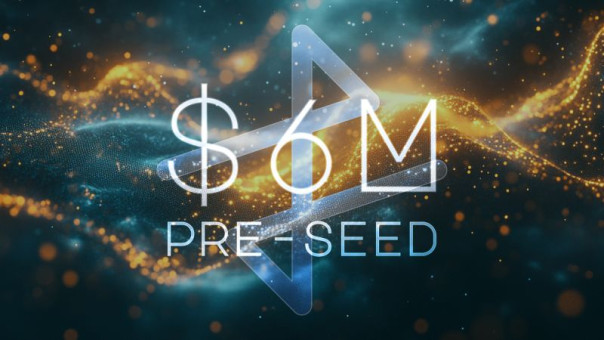IRS Faces New Lawsuit Over Block Reward Taxation
By Olivier Acuña | TH3FUS3 Chief Editor
October 11, 2024 01:48 PM
Reading time: 1 minute, 58 seconds
TL;DR The IRS is under fire again as Josh Jarrett, in collaboration with Coin Center, files a lawsuit against its taxation of crypto-staking rewards. The dispute centers on the agency's policy of taxing block rewards as income upon receipt. A proposed bill in the House could redefine taxation timing.

IRS Under Legal Scrutiny Again
The US Internal Revenue Service, more widely known by its three letters IRS, has been embroiled in a new legal battle over its cryptocurrency staking rewards policy.
Josh Jarrett and Coin Center filed a lawsuit challenging the IRS's taxation of block rewards as income the moment they are received. This legal confrontation reignites the debate over how digital assets should be treated under the tax code.
Understanding Block Rewards
To understand the lawsuit against the IRS, it's essential to comprehend block rewards first. These are newly minted crypto that validators earn for participating in securing and maintaining a blockchain network.
Jarrett and his co-plaintiffs argue that these should be classified as new property rather than income. They propose that taxation should occur only when these tokens are sold or converted to cash, aligning with how other newly created properties like crops or minerals are taxed.
"Taxing staking rewards before they are sold is illogical and often leads to over-taxation," the lawsuit claims.
History Repeats: Jarrett vs. IRS
This case is not Jarrett's first legal tussle with the IRS. In 2021, Jarrett and his wife sought clarity in court over the agency's opaque guidelines on staking reward taxation.
Despite receiving a tax refund for that year, the IRS needed to guide for subsequent years. Fast-forward to 2023, when the IRS issued a controversial guideline that staking rewards are to be treated as income upon receipt.
This policy affects numerous cryptocurrency users, particularly those involved with proof-of-stake systems like Tezos.
Legislative Efforts and Their Significance
In a parallel development, a bill currently proposed in the House of Representatives aims to adjust the timing of taxation on staking rewards.
If passed, it would ensure that taxes are only levied when the tokens are sold. This legislative push signifies the growing recognition of the need for more transparent and fairer crypto tax policies. It remains to be seen how the ongoing legal and legislative efforts will shape future IRS policies.
The Broad Implications for Crypto Users
The outcome of this lawsuit and the proposed bill could have far-reaching implications for the cryptocurrency community.
If Jarrett's arguments hold, it could alleviate the financial and regulatory burdens on node operators and other crypto stakeholders.
As the legal proceedings unfold, the crypto community watches closely, hopeful for a resolution that aligns with the dynamic nature of digital assets.



